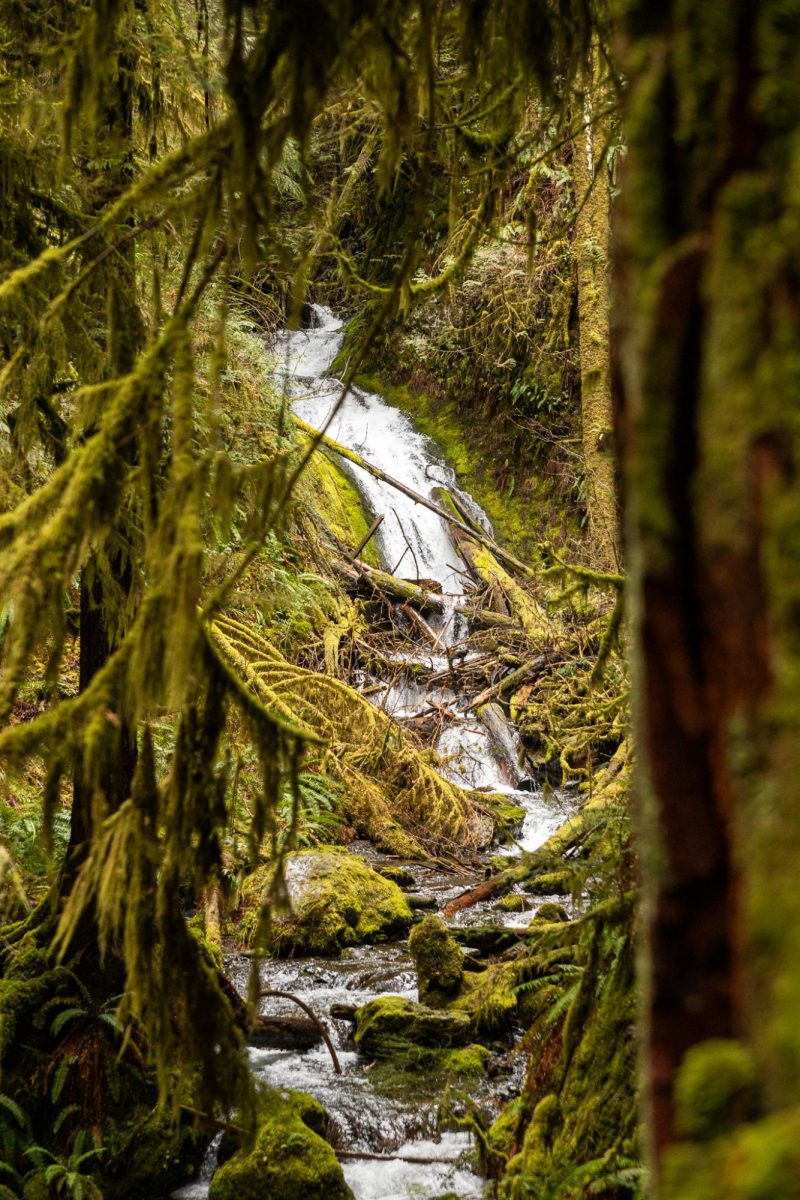On Feb. 28, the Trump administration cut $587 million, nearly 17% of the National Park Service’s total budget. According to the Interior Department of the National Park Service, national parks contributed $55.6 billion to the economy in 2024, a record high.
The National Park Service directly employs around 20,000 employees, and these budget cuts required roughly 1,000 employees to be laid off. The economy generated by national parks also employs around 415,000 in surrounding hotels, restaurants, gift shops, etc. West Albany High School class of 2021 alumnus Maggie Berry is currently studying environmental policy at Linfield University.
“The budget cuts happening the same year I will be joining the workforce is unsettling, as it feels like my career path is being deemed ‘unimportant’ by our government,” Berry said.
Berry and many others that work for national parks fear for the security of their careers, leaving them in a constant state of job instability. Over the last decade, national park staffing has shrunk by 16%, despite the parks being at an all time high of annual visitors. It will likely become more difficult to uphold the high levels of maintenance and quality of experience with a constantly decreasing amount of staff and funds.
Like Berry, West Albany class of 2022 alumnus Alex Catala is currently studying Natural Resources: fisheries and wildlife conservationist at Oregon State University.
“I think as long as these parks can keep their visitors following the rules and regulations then they will be fine, but it definitely will be more challenging now,” Catala said.
The visitors of national parks, along with the staff that work inside of them, will have to learn how to adapt to these staffing changes that are happening throughout the country. This will mean more frequent trail closures, lodges and visitor centers will be frequently closed, and many more inconveniences.
The budget cuts don’t just bring staffing and budget issues to the National Park Service; the Trump administration is also attempting to make national park public land accessible for oil drilling and mining. This would mean potentially auctioning off parts of the United States’ most cherished land to simply land a profit and economic boost.
Berry said, “Public land is your land just as much as it is my land. Public land is meant to be accessible to anyone for educational, recreational, and conservation purposes.” Many will keep fighting to protect the land that so many people have fought to protect.





